- 111 West Coast Literary Portraits
- Mother Tongue Publishing (2012)
Your list of people to buy holiday gifts for is diverse. There's the perennially proud British Columbian. There's the voracious reader. There's the student of the human face who can't put down her camera. There's the young philosopher waiting to blossom. Problem solved. Load up on 111 West Coast Literary Portraits and hand it out to everyone. The new book, a blend of silvery photographs and golden words by their writer subjects, is itself a gift fashioned from many strands of this province's cultural community, lovingly woven together by Mona Fertig, proprietor of Mother Tongue Publishing on Salt Spring Island.
Fertig has designed an addictive experience with surprises at every turn of the page, in part because the two photographers, Barry Peterson and Blaise Enright, are flexible with the frames they place around personalities. Flipping from image to image is like changing lenses; some portraits zoom in for a tight reading of all a face wishes to say, others pull back to allow decoding of the author's environment. Each portrait is accompanied by a selection of writing by the subject, including this by Trauma Farm author and poet Brian Brett (whose portrait tops this story):
Paradise and the Woodlot
There's the wood for next winter's heat, and that's me at the chopping ground. It's lovely work, hopeless and unrelenting and ridiculous in this age, but we need several cords of wood for winter. Still, it's good labour. The imagination surges free when the blow strikes right and the world breaks. Then I dream against the grain -- sometimes I dream I am both wood and maul. Yes, it's a joke, another mystery for the magic island where I live. Jokes and mysteries. I'm bemused. Wonder and laughter and sorrow. No one told me living in paradise would be such a struggle.
Gracing the cover is a regal Alice Munro. Okay, that's a no brainer. But how were the other 110 subjects chosen? As Fertig explained to The Tyee, "Barry and Blaise travelled the West Coast for years photographing writers they had heard about. Every writer they shot suggested another writer. There were so many to choose from. Recommendations, cost of travel, film, framing, time off work and synchronicity all played a part. I became involved in the later part of the project and made suggestions (most of the 2011 photos) in order to widen the scope. I wanted the book to cross boundaries, schools, genres and ages... to touch the centre as well the edges, as much as it was possible with budget and design parameters. But this isn't an 'all-inclusive' book. That would have been impossible with the thousands of writers in this province."
The reward for Fertig and the photographers "is both sensual and cerebral. And knowing that we defied all odds to bring this forth. And of course great sales are my dream reward. Because it was a very complex and expensive project. I hope people will treasure the book for years."
Below, a sampling of portraits from 111 West Coast Literary Portraits accompanied by the authors' words.
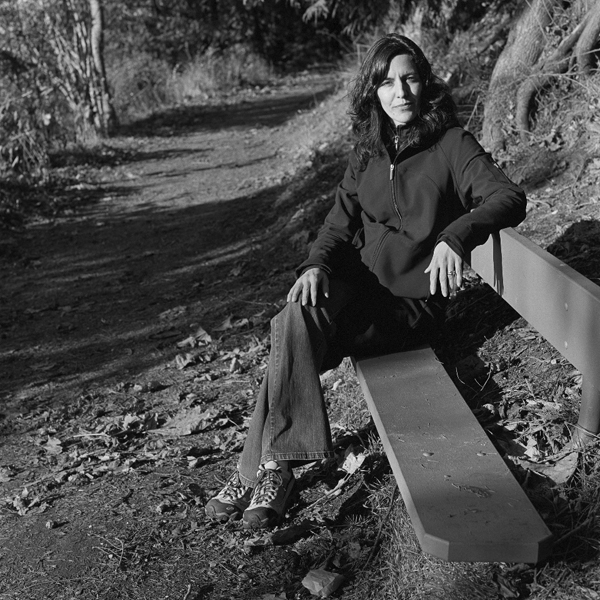
Charlotte Gill Eating Dirt Greystone Books, 2011
Planting trees isn't hard. As any veteran will tell you, it isn't the act of sowing itself but the ambient complications. It comes with snow pellets. Or clouds of biting insects so thick and furious it is possible to end a day with your eyelids swollen shut and blood trickling from your ears. There are swaying fields of venomous plants like devil's club and stinging nettle. There are sunburns and hornets. There are swamps rimmed with algal sludge to fall into up to the armpits. There are leeches and ticks, bears and cougars. There are infections and chafe and boils and trench foot. It's possible to be so cold you feel dreamily warm and so hot you fall into shivers. Over time the work has the bodily effect of a car crash in extreme slow motion. Sometimes our bosses make off to Mexico with all the money. Besides that, the task itself is thankless and boring, which is to say it is plain and silent. It is also one of the dirtiest jobs left in the modern world. What could compel a person to make a career of such a thing? I have always wanted to find out.
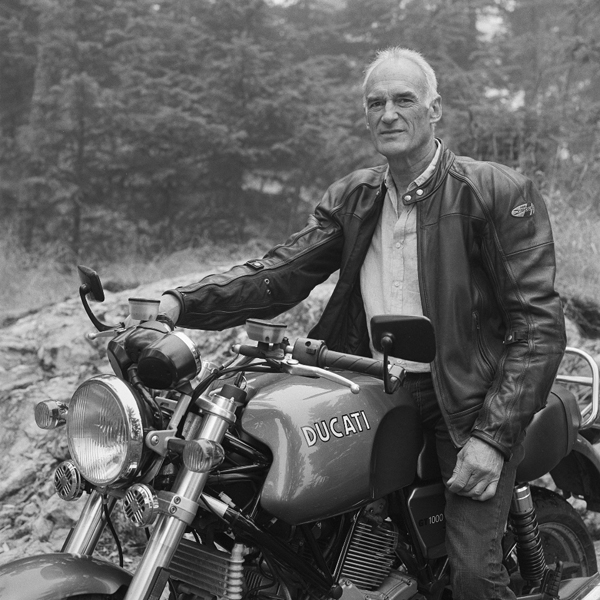
Ronald Wright A Short History of Progress House of Anansi, 2004
"Humans have made their way in the world so far by trial and error. Unlike other creatures, we have a presence so colossal that error is a luxury we can no longer afford. The world has grown too small to forgive us any big mistakes."
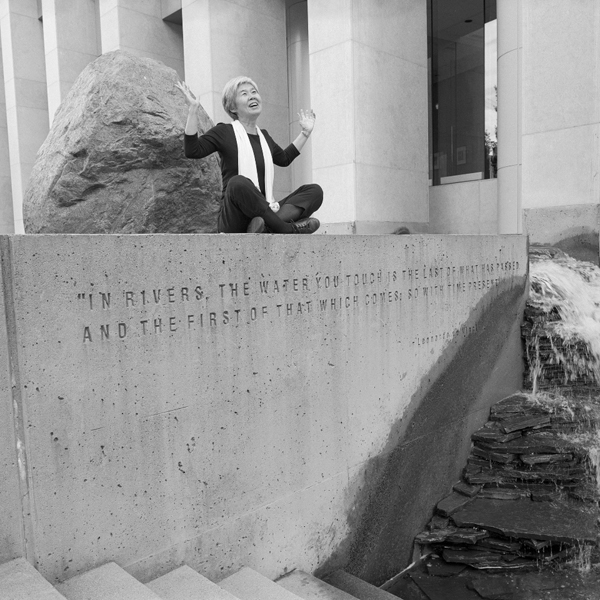
Joy Kogawa A Garden of Anchors: Selected Poems, Mosaic Press, 2003
Small Rock
they didn't know it was a small rock in the middle of the road caused the bike to swerve and hit the ditch what was real was his being smashed open and ambulances wailing and everyone weeping -- the little lie was never blamed
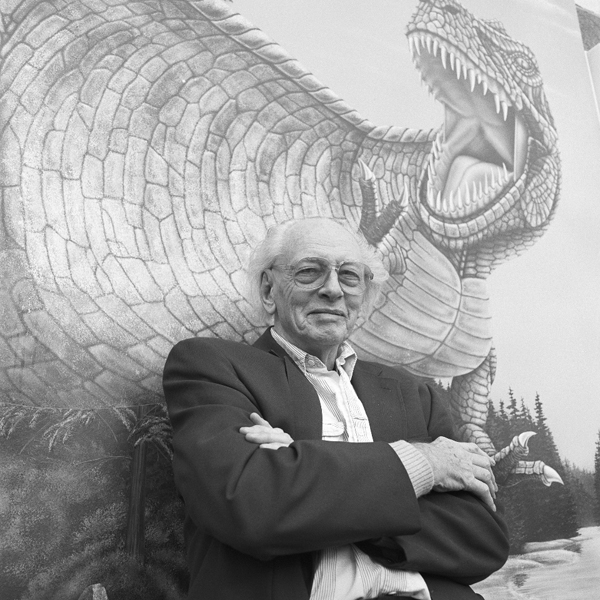
Al Purdy 1918–2000 "A Handful of Earth," Beyond Remembering: The Collected Poems of Al Purdy Harbour Publishing, 2000
Sod huts break the prairie skyline
then melt in rain
the hip-roofed houses of New France as well
but French no longer
nor are we any longer English
-- limestone houses
lean-tos and sheds our fathers built
in which our mothers died
before the forests tumbled down
ghost habitations
only this handful of earth
for a time at least
I have no other place to go ![]()
Read more: Local Economy



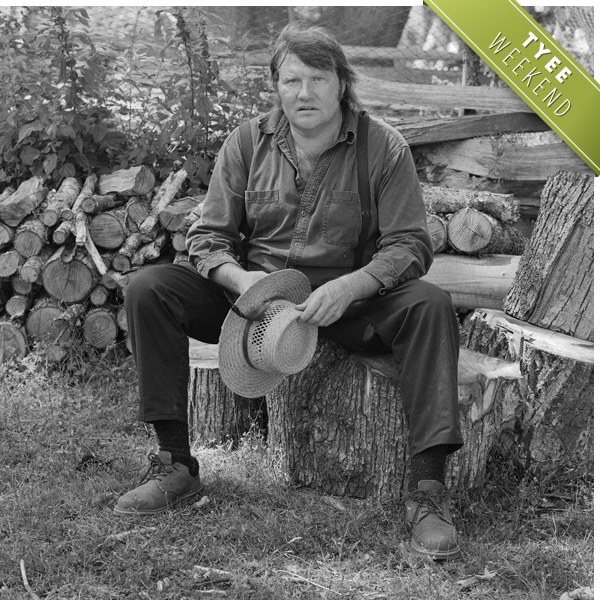












Tyee Commenting Guidelines
Comments that violate guidelines risk being deleted, and violations may result in a temporary or permanent user ban. Maintain the spirit of good conversation to stay in the discussion.
*Please note The Tyee is not a forum for spreading misinformation about COVID-19, denying its existence or minimizing its risk to public health.
Do:
Do not: